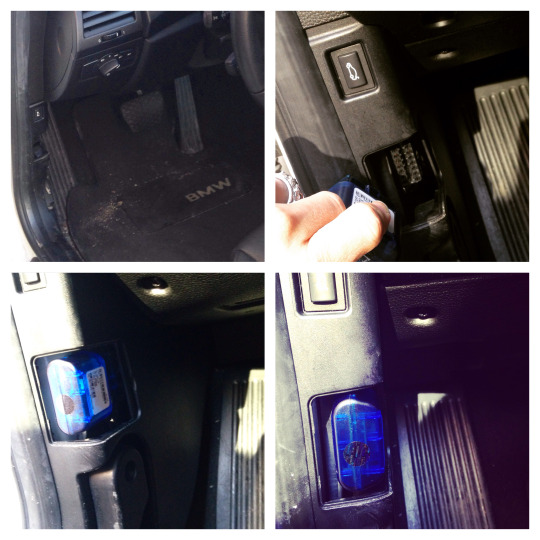Connected cars are making headlines. A lot of the talk revolves around futuristic ideas – like self-driving cars, or vehicles that have the ability to communicate with other vehicles – but there’s plenty of connected-car technology that you could benefit from today.
If you’re a safe driver, and you’re willing to prove it, one connected-car technology that could help you to save money on your variable vehicle expenses is usage based insurance (or UBI).
Usage based insurance can be based by miles (pay as you drive, aka PAYD), or can be based how you drive (pay how you drive, aka PHYD).
Here, we review pay-how-you-drive, which means your insurance company will ask you to prove how you drive, which will in turn affect your insurance premium.
How to get started? Call your insurance company to ask whether they’ve got a UBI program in place. If they do, and if your car was built in 1996 or more recently, your insurance company will probably send you an on-board-diagnostic (OBD) device (unless your insurance works in conjunction with your vehicle’s existing telematics). The OBD device like a USB stick for your car, and you plug it into your vehicle’s on-board diagnostic port, likely located beneath your steering wheel. It only takes about two seconds. Here’s how the on-board diagnostic port looks –

Once your OBD device is in place, the insurance company will begin extracting information about your vehicle. The information insurance providers are able to connect will very by state, but may include:
When you’re driving
If you regularly drive during the day, and not very late at night, your schedule will work in your favor.
Where you’re driving
Do you live and tend to drive within a pretty safe neighborhood? Or do you regularly park in an area where vehicle thefts are common? Where you’re driving may affect your rate.
Information on your vehicle’s speed, acceleration and braking
Are you a speed demon, frequently putting pedal to the medal from a standstill, or while at highway speeds? And do you like to test your brakes, waiting until the last minute for a hard stop? If you’re part of a usage-based insurance program, don’t expect to get a discount on your insurance rates (and it may be time to shop for new brakes).
Information on how hard you’re cornering while driving
If you’re trying to drive like a professional race car driver on a daily basis, approaching simple road turns as though you’re racing through a slalom course, usage-based insurance might not be for you.
If it turns out that you’re indeed the conservative driver you claim to be, you may just be in for some rewards, in the form of insurance discounts, or receiving cash back for good driving.
Here are some insurance companies that offer usage-based insurance. If yours isn’t listed below, call your insurance company to inquire about usage-based insurance.
- AllState – DriveWise
- Progressive – Snapshot
- State Farm – In-Drive
Drive safely!
